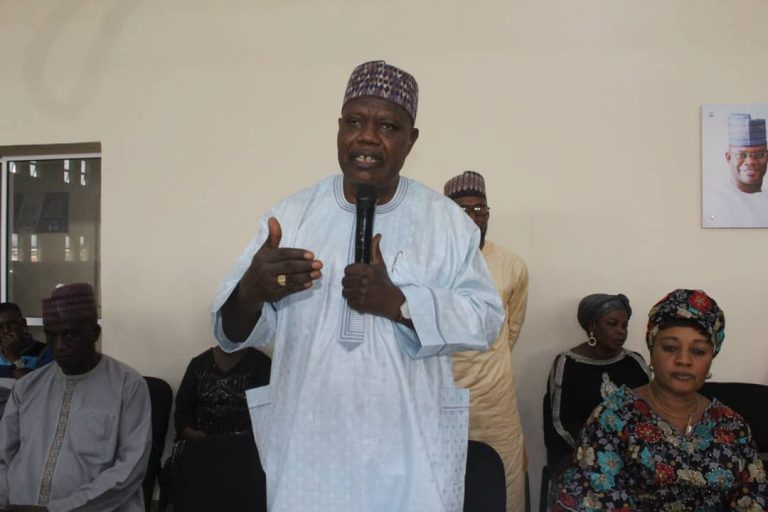New standards in senior secondary schools for implementation early 2026…Nigeria’s senior secondary education system is set for a significant overhaul, as the Federal Government has approved and announced new minimum standards scheduled for full implementation by early 2026.
This major reform initiative, led by the National Senior Secondary Education Commission (NSSEC), aims to raise the quality and consistency of education nationwide, addressing long-standing challenges in infrastructure, curriculum delivery, and teacher training.
The new standards, which were developed through wide-ranging consultations with stakeholders and ratified by the National Council on Education (NCE), mark a turning point in how senior secondary schools will be run across the country. They are designed to ensure that all senior secondary schools, whether public or private, adhere to uniform benchmarks for delivering quality education. Among the key highlights of the new guidelines is the introduction of a maximum student-teacher ratio of 40 to 1, which is expected to improve the effectiveness of teaching and learning in classrooms.
Another major aspect of the standards is a renewed focus on infrastructure development and adequate provision of learning materials. Schools will be required to upgrade their facilities to create a more conducive learning environment, with attention paid to laboratories, libraries, and ICT infrastructure. The standards also include comprehensive policies aimed at promoting inclusivity in schools, particularly for students living with disabilities. The government emphasized the need for education that is accessible and equitable, regardless of a student’s background or physical condition.
To ensure a smooth and timely transition, the Federal Government has given schools a nine-month window to begin adopting the new standards. While full compliance is expected by early 2026, this period allows administrators time to assess their current systems, identify gaps, and begin making necessary adjustments. NSSEC officials have stressed that while the implementation deadline is firm, support will be provided to help schools meet the requirements.
In line with the reforms, a strong emphasis is being placed on equipping teachers with the skills needed to thrive in a modern educational environment. To this end, the government has launched a major capacity-building initiative for 6,000 senior secondary school teachers across Nigeria. This training, which focuses on the use of Artificial Intelligence (AI) in teaching and learning, is being conducted in partnership with Google Research. The program will benefit teachers in all 36 states and the Federal Capital Territory, enabling them to incorporate cutting-edge digital tools in the classroom and better prepare students for the demands of the 21st-century workforce.
READ MORE: Africa’s rising music star Eleas Modelà debuts with classical Afro Pop single titled Jo fun mi
Minister of State for Education, Dr. Yusuf Tanko Sununu, and NSSEC Executive Secretary, Dr. Iyela Ajayi, have both emphasized that the reform agenda is aimed at repositioning senior secondary education as a critical bridge between basic and tertiary education. According to them, the current challenges in the sector, such as outdated curricula, underqualified teachers, and lack of standardized learning environments, must be addressed if Nigeria is to compete globally in education and innovation.
The new standards are part of a broader strategy to revive the country’s education system and improve outcomes for learners at all levels. The government has pledged to provide the necessary support and oversight to ensure successful implementation. Schools, on their part, are encouraged to embrace the changes and actively participate in capacity-building programs, infrastructure upgrades, and curriculum realignment.
As the countdown to 2026 begins, education stakeholders are optimistic that the reforms will lead to significant improvements in teaching quality, student performance, and overall institutional accountability. With committed execution and collaborative efforts from government, educators, and communities, Nigeria’s senior secondary schools are poised to enter a new era of excellence and transformation.




